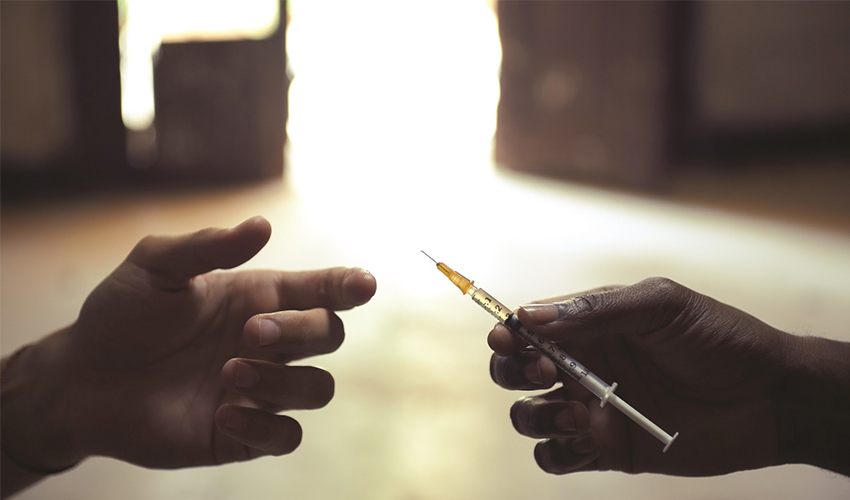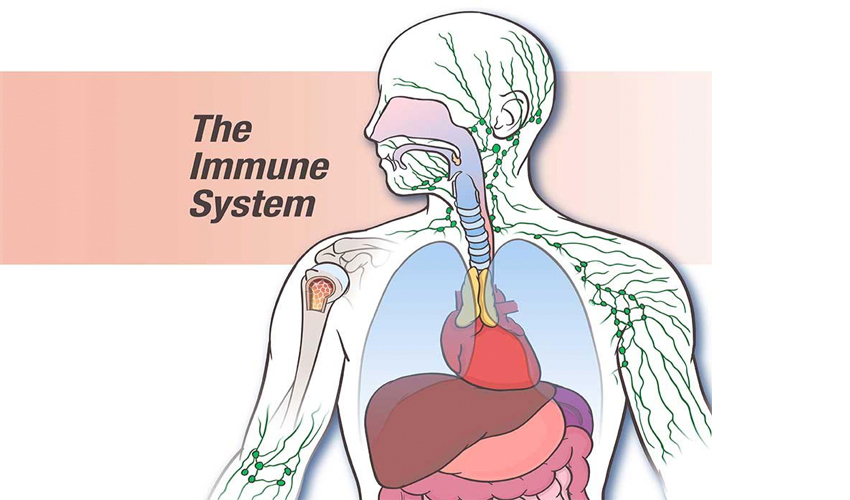The immune system is the body’s defense system against infections and diseases. Comprising white blood cells, antibodies, and other components it identifies and eliminates harmful invaders. Its ability to distinguish between self and foreign is crucial for maintaining health. A robust immune system not only prevents infections but also plays a pivotal role in recovering from illnesses.
Substance abuse weakens the immune system, making individuals more susceptible to illnesses. Understanding the immunosuppressive effects of drug use highlights the importance of promoting a healthy lifestyle to support overall immune resilience. The intricate dance between substance abuse and the immune system unveils a complex narrative of vulnerability and resilience within the human body.

How Drugs and Alcohol Affect the Immune System
1. Stimulants (Cocaine, Amphetamines):
Stimulants can exert immunosuppressive effects, hindering the function of white blood cells. This compromise weakens the body’s ability to fend off infections, leaving individuals more susceptible to illnesses.
2. Opioids:
Opioid abuse has been associated with immune system suppression, affecting both innate and adaptive immunity. This impairment contributes to an increased risk of infections and challenges the body’s ability to mount effective immune responses.
3. Alcohol:
Chronic alcohol consumption can disrupt the balance of immune cells, impairing their function. This compromises the body’s defense against infections, leading to a heightened vulnerability to various illnesses.
4. Cannabis:
While research on cannabis’s direct impact on immunity is ongoing, some studies suggest potential modulation of immune responses. The intricate relationship between cannabinoids and immune cells warrants further investigation.
5. Nicotine:
Nicotine, prevalent in tobacco products, can suppress immune function. Smokers often exhibit weakened immune responses, making them more susceptible to infections and impairing the body’s ability to heal.

6. HIV/AIDS:
Substance abuse, particularly injection drug use, poses a significant risk for the transmission of HIV/AIDS. The combination of substance abuse and compromised immune function exacerbates the challenges faced by individuals dealing with these health issues.
Remedial ways to help restrengthen the immune system
The immune system suppression is not necessarily irreversible. Engaging in substance abuse recovery efforts, including abstinence and healthy lifestyle choices, can contribute to the restoration of immune function. Individuals grappling with substance abuse and its impact on the immune system should seek professional guidance. Healthcare professionals can provide tailored interventions, including vaccinations and other preventive measures, to mitigate the risks.

